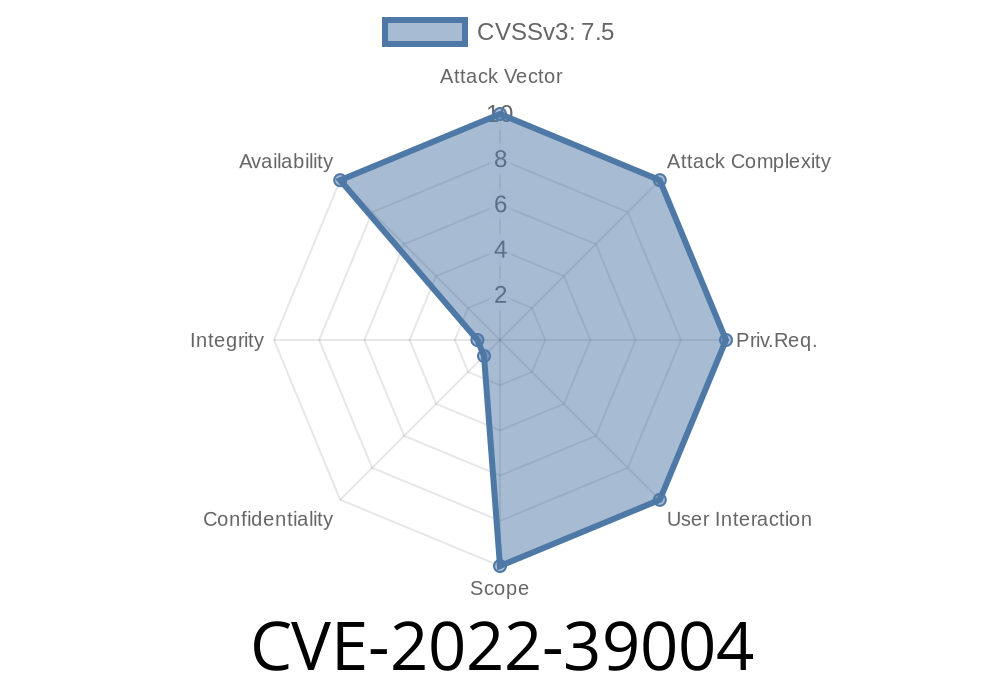An attacker can exploit the memory leak vulnerability by sending a large number of MPTCP packets from a single client to a server. As a result, the server will allocate more memory than required. An attacker can leverage this vulnerability to cause a denial of service or to cause memory leaks.
The VXLAN module has the buffer overflow vulnerability. Successful exploitation of this vulnerability can cause a denial of service.
The VXLAN module has a flaw that can be exploited to cause a denial of service.
Baseboard Management Controller
The baseboard management controller (BMC) is a device that allows for remote management of server hardware. It provides the ability to monitor, control, and update server hardware components. Because it can be remotely managed, the device enables admins to take action quickly when needed. Malfunctions in the device cause issues in remote management as well as physical damage to the server. The vulnerability is related to how the BMC handles malformed packets.
Memory leak vulnerability: An attacker can exploit this vulnerability by sending a large number of MPTCP packets from a single client to a server. As a result, the server will allocate more memory than required. An attacker can leverage this vulnerability to cause a denial of service or to cause memory leaks.
Buffer overflow vulnerability: A successful exploit of this vulnerability could lead to loss of availability or data corruption.
Summary of Vulnerability
The VXLAN module has the buffer overflow vulnerability, which can be exploited to cause a denial of service. The VXLAN module has a flaw that can be exploited to cause a denial of service.
VXLAN Module Vulnerabilities
The VXLAN module has the buffer overflow vulnerability. Successful exploitation of this vulnerability can cause a denial of service.
The VXLAN module has a flaw that can be exploited to cause a denial of service.
VXLAN Flaws
VXLAN module has a buffer overflow vulnerability. Successful exploitation of this vulnerability can cause a denial of service.
VXLAN module has the memory leak vulnerability. An attacker can exploit the memory leak vulnerability by sending a large number of MPTCP packets from a single client to a server. As a result, the server will allocate more memory than required. An attacker can leverage this vulnerability to cause a denial of service or to cause memory leaks
Timeline
Published on: 09/16/2022 18:15:00 UTC
Last modified on: 09/21/2022 12:43:00 UTC
